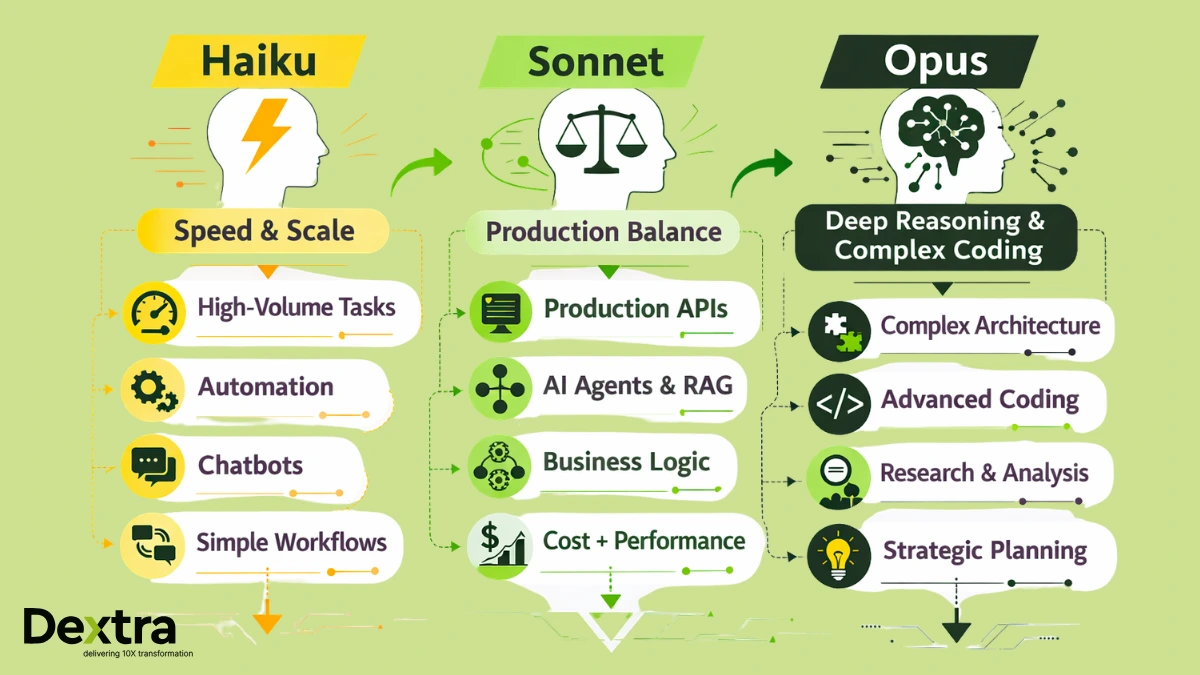Foreign direct investment (FDI) refers to the type of investment in other countries by companies. For example, suppose you are an inborn resident of the USA. In that case, you can invest through foreign direct investment into a Japan-based company or another company in any country other than your home country. This is a short descriptive definition of FDI in the financial channel of any investor.
This article will help you understand the fundamentals of foreign direct investment (FDI), how an individual or group can invest in foreign companies while living in their native country, the benefits of FDI, and the future of direct investment culture worldwide.
What is a Foreign Direct Investment?
Foreign direct investment (FDI) is the amount of money an individual or group invests in a company operating in another country. It refers to the partnership as a joint owner in the foreign company’s business. FDI is commonly used to outline a business decision to enter as an outsider and expand operations in a new market.
It is not like a stock investment in a foreign company alone. FDI is a critical feature of global economic integration, ensuring stable and durable sources of income and economies worldwide.
Example of FDI
Foreign direct investments (FDI) are the world’s growing investment channel, promoting the investing culture worldwide. This includes business mergers, asset or business takeovers, collaborative investments, retail and supply chain management, and industrial or manufacturing industries for successful, secure investments. Some prime examples of taking over the ARM group by Nvidia in recent years, and the FDI is now over a trillion dollars in investment worldwide.
Prominent features
- A foreign direct investment is a long-lasting, durable, and practical investment made by an individual, company, or organization into doubt of the country.
- FDI investors work as a controlling action and activities with private or aligned vendors, usually involved in their management.
- In this type of investment, you source material and inventory for a company that wants to expand its business and international investment presence.
- In recent years, the top recipients of foreign direct investment have been the world’s leading economic powers, such as the United States of America and China.
What is the working process of Foreign Direct Investment?
Investors primarily target governmental and private companies with a skilled workforce and a higher growth rate. Another thing that attracts investors is the rules and regulations of FDI. So, investor-friendly working conditions are best suited.
It is not a capital investment. It will include a suitable Availability of management, machinery, and the latest technology. FDI develops a strong and effective control and monitoring system to keep the operations in check. Investors also play a part in decision-making in the processes of a joint member.
The estimated amount of money invested in foreign direct investment in 2023 is 1.5 trillion dollars. The stronger economies are involved in the inflows and outflows of FDI. The USA leads the way, followed by China, Russia, Japan, the United Kingdom, and Canada.
Its key performance indicator is the percentage of FDI in a country’s gross domestic product (GDP).
In terms of facts and figures, China is lagging behind the USA. In China, the FDI percentage of the GDP is 1.5%, which is smaller than the USA’s 2%.
Foreign direct investment criteria
FDI can work in different ways, such as discount chargers or separate companies in the outside country. It could be adjusted based on monitoring interest in ongoing foreign companies or aligning as joint members with foreign companies. The Organization for Economic Cooperation and Development (OECD) supervises FDI.
According to the OECD’s rules and regulations, the minimum amount of BST for FDI in a foreign company is 10%. However, the voting system of the foreign company’s current stakeholders can reduce the investment amount. You can invest less than 10% of the company shares.
Types of investment in FDI
1- Horizontal FDI
Horizontal FDI is defined as expanding your home-based business into another country. For example, Service Tire Company is a tire provider in Pakistan. Service now delivers its tyres in more than 40 countries via its retail store.
2- Vertical FDI
FDI is part of a parcel with each other and is defined as vertical FDI. Both companies run their business by complementing each other. For example, most manufacturing organisations in the USA work with Arab countries as material suppliers for product manufacturing. So, it works closely with mutual interest and benefits.
3- Conglomerate FDI
It is defined as investing in companies unrelated to home-based businesses. To get into the other business in the foreign market as a joint venture. For example, a China-based company works in the automobile industry, but they have more than enough money to invest in FDI. On the other hand, Russia is the top manufacturer in the field of weapons and war equipment and has a lot of market interest. Both these countries work as a conglomerate FDI for high returns on investment.
4- Platform FDI
The platform is a model of FDI in which an investment is made in another country to run a business or invest in already-running businesses, and the output of these investments is exported to another country (third country). Usually, an FDI is made in Tex-free countries to earn great potential through minimal investments, and the ROI is further exported to another country for a more productive channel.
Advantages of FDI
1- Increase market size
Through the FDI process, your market can be expanded worldwide. This will increase your brand awareness, customer attraction, sales, and leads.
For example, if you are a cell phone provider company in China, let’s suppose your monthly cell phone sales are 5000 across the country. In the case of FDI with India, your sales would be 10,000 per month. As the number of sales increases, your profit margin will definitely increase.
2- Higher ROI Investment
The most important feature of an investment that attracts investors is the higher ROI. FDI could generate a higher ROI by capturing the elite class of the community.
In this process, you have to invest in those regions of a particular country where quality is preferred over price.
3- Durable source of income
By selecting an appropriate company for investment worldwide, you can generate permanent and handsome income for a lifetime. Foreign companies are well-equipped with equipment and a skilled workforce. They work through a total quality management system to drive appropriate results.
According to the statement of work, the other benefits of FDI include tax incentives, fewer taxes, and subsidies.
4- Optimization of Infrastructure
There are multiple resources to monitor the best FDI placement and read the best markets worldwide for finding secure investment methods and the total amount of investment with a calculated return on investment. Many countries accept FDI of over $90 billion in a financial year to streamline their domestic infrastructure and welcome new investors with more facilities and benefits of tax-free investments.
5- Easy Mode of Multiple Investments
The scope of foreign investment is increasing in the coming days as the world is rapidly accepting foreign investments to overcome the domestic challenge and financial crisis prevailing in the country. Moreover, FDI also helps countries develop more policies and welcome more investors in each field of work for maximum chances of domestic employment, which helps to eradicate poverty.
6- Employment Opportunities
The leveraging chart shows FDI and cultural investments deployed in the country’s many sectors to eradicate unemployment and encourage young potential to serve the market and businesses with more dedication for maximum outputs and ultimate benefits to the investor. In the past, only FDI has eradicated the world’s 35% unemployment in developing countries, which is contributing to the country’s financial health, for more secure resources.
Frequently Asked Questions
Q. What is FDI in simple terms?
Foreign direct investment is gaining company ownership rights in other countries to expand financial opportunities in a new market.
Q. What are the types of FDI?
There are three types of foreign direct investment: horizontal, vertical, and conglomerate. These are categorized and separated based on matching the core skills of your home lending company with the foreign base company.
Q. What are the advantages and disadvantages of FDI?
The cons of FDI are unpredictability, lower marketing knowledge, political trend effect, and under under-considered legal working system with company stakeholders regarding security and fairness in gain sharing. On the other hand, it offers plants with a high return on investment, quick revenue growth, experience in other countries’ trade and business, and expansion of income sources.
Q. What is the FDI formula?
FDI is the sum of equity in capital, both long-term and short-term. It works according to a statement of work signed by the joint ventures regarding inflows and outflows from the FDI process.
The Wrapping Note
Foreign direct investment is investing in another country’s companies to acquire productive assets in that country. It can either be an existing company or a new one. It is an excellent process of exchange of revenue between countries.
It also paves the way for a strong relationship between countries from an interim business point of view. It is an excellent way of building a solid network between countries and globalization by transferring production, technology, trade, and finance. It is not only beneficial for the country’s reputation but also improves the skill set and competitiveness in the market.








